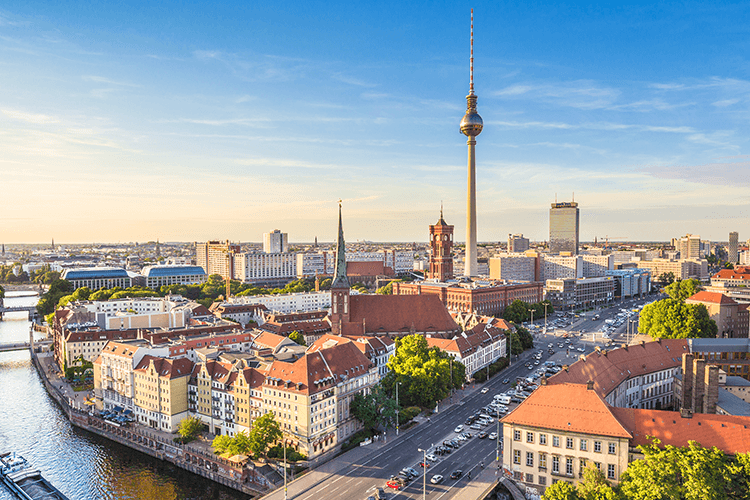Germany is one of the prime destinations in Europe, given its economic growth and strong political role in the European Union. However, unlike many European countries, Germany does not have a clear pathway for the migration of investors and entrepreneurs. German law states that German residency can be granted to those who provide economic benefits to the country.
This means that to obtain German residency, an investor is required to contribute to the development and enhancement of the German economy. This can be achieved by introducing advanced technology, patents, or development and technological progress projects.
Investors can also establish projects related to research and development. Many investors prefer obtaining residency through projects that involve exporting from Germany to other countries, thereby assisting in the further growth of the thriving German commercial market.
Migration to Germany and other European countries
Many other European countries provide clearer and easier paths for obtaining European residency through investment compared to Germany, and consequently, migration to Europe, such as Portugal, Spain, Greece, Malta, and Cyprus.
These countries enable immigrants to obtain long-term European residency, allowing them to later settle in any European country, including Germany, through safer and more transparent investments with better economic returns.
If you are interested in residency through establishing a business project in the UK, Australia, Canada, or Hungary, please contact us to book a free consultation by clicking on the link here.










